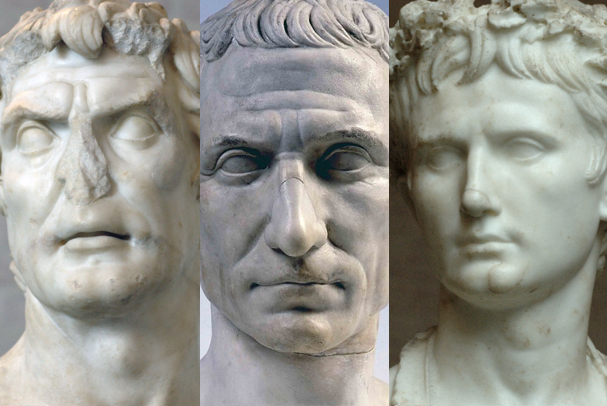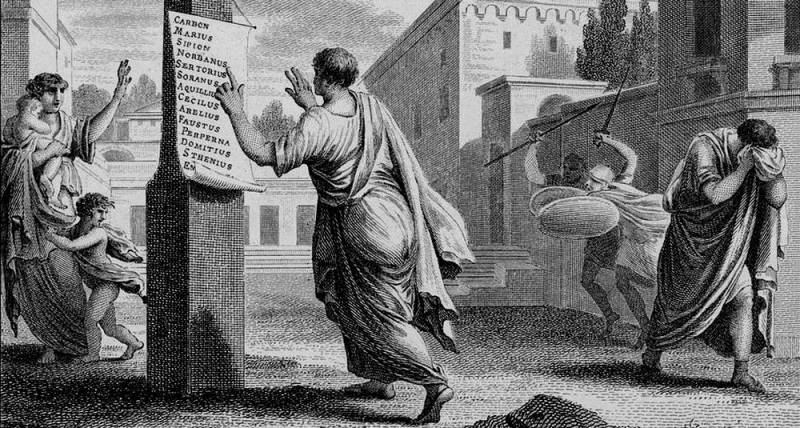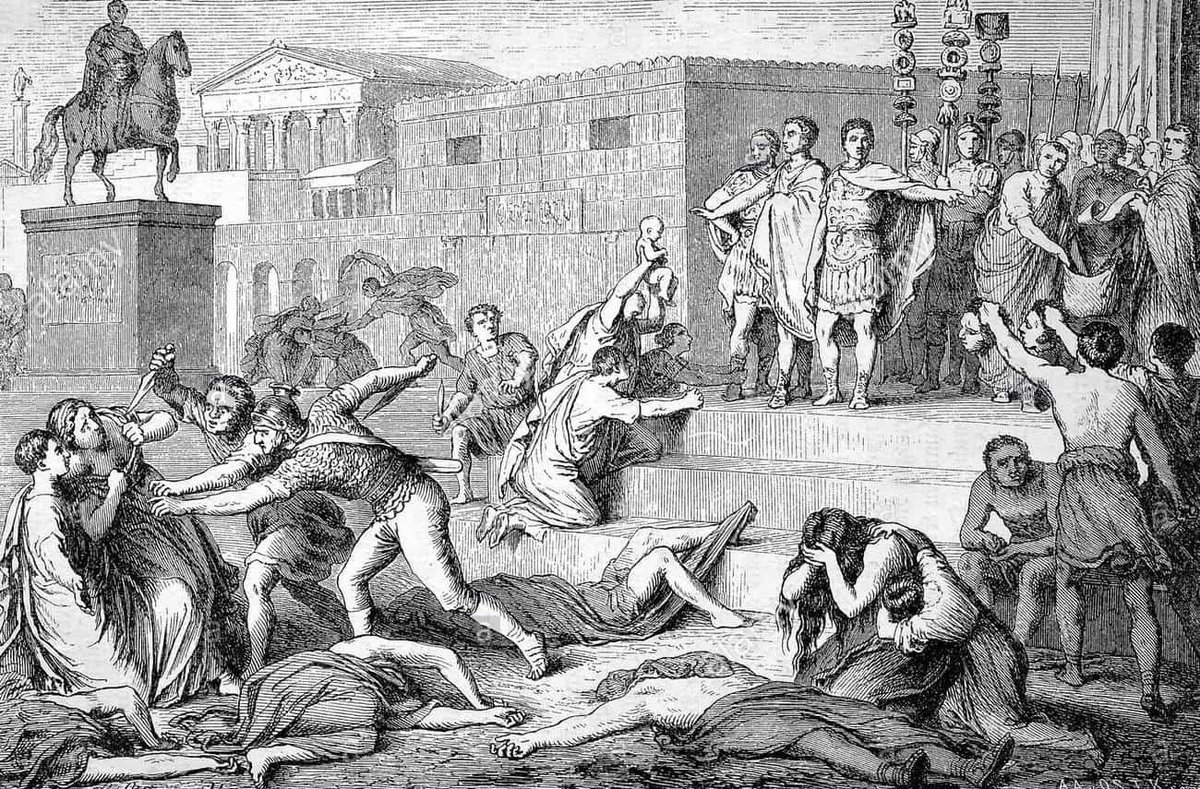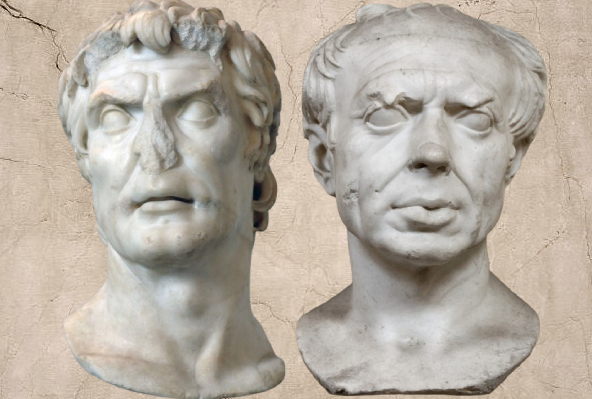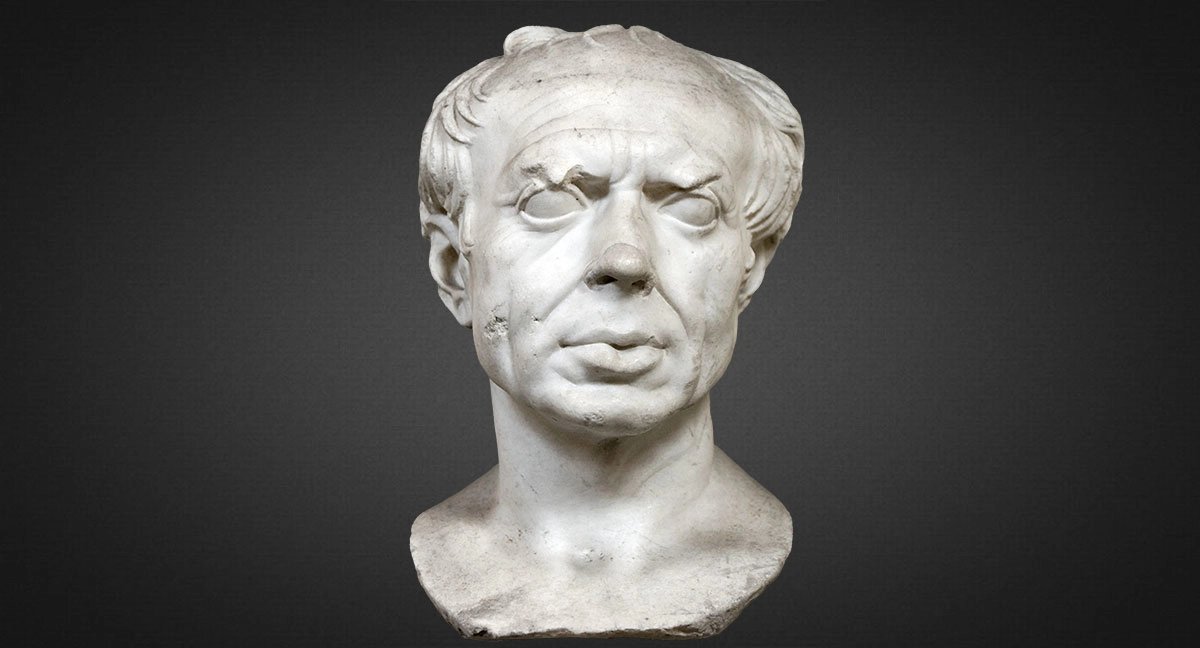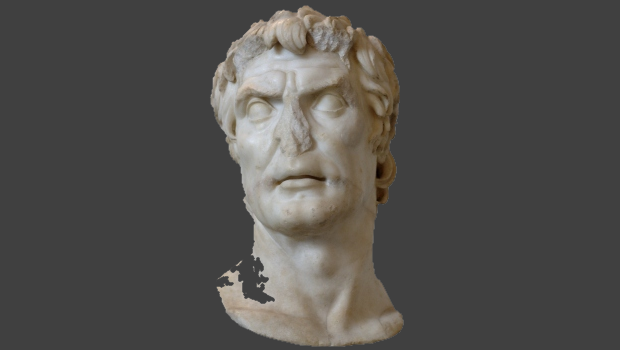A great life is nothing more than a collection of great days.
Want a great life?
Make each day great.
How can you make each day great?
Treat it like a mini-life.
How?
/Thread 👇👇👇
Want a great life?
Make each day great.
How can you make each day great?
Treat it like a mini-life.
How?
/Thread 👇👇👇

Treat each "phase" of your day as a "phase" of your life.
From waking in the morning, to going to sleep at night, our days have fairly consistent phases that are comparable to phases of life.
Make each of these phases special, and you have created a great "mini-life."
From waking in the morning, to going to sleep at night, our days have fairly consistent phases that are comparable to phases of life.
Make each of these phases special, and you have created a great "mini-life."
Waking = Birth
You are born again!
You have a fresh start.
Start this mini-life with gratitude.
-The moment you wake, immediately smile.
-Summon feelings of gratitude for this new mini-life.
You are born again!
You have a fresh start.
Start this mini-life with gratitude.
-The moment you wake, immediately smile.
-Summon feelings of gratitude for this new mini-life.

Morning = Childhood
What do kids do? They move around, have fun, and learn.
Do the same with the childhood phase of your mini-life.
-Exercise that you enjoy
-Read, Reflect, Meditate
Start the day investing in yourself before you do the “other” work that pays the bills.
What do kids do? They move around, have fun, and learn.
Do the same with the childhood phase of your mini-life.
-Exercise that you enjoy
-Read, Reflect, Meditate
Start the day investing in yourself before you do the “other” work that pays the bills.

Working = Career
Have a career you can be proud of in this mini-life...no matter what your current job is.
-Treat you job as your platform where you bring your best self and create art.
-Do meaningful work.
-Practice Servant Leadership
-Help others
Have a career you can be proud of in this mini-life...no matter what your current job is.
-Treat you job as your platform where you bring your best self and create art.
-Do meaningful work.
-Practice Servant Leadership
-Help others

Evening = Retirement
You have had a great career in this mini-life...now treat yourself to a great retirement.
-Spend meaningful time with your family and friends.
-Spend time on hobbies that you find rewarding.
-Make it count...your mini-life is nearing an end.
You have had a great career in this mini-life...now treat yourself to a great retirement.
-Spend meaningful time with your family and friends.
-Spend time on hobbies that you find rewarding.
-Make it count...your mini-life is nearing an end.

Going to Bed = Preparing to Die
Your mini-life is drawing to a close.
Take time to reflect and prepare to move on.
-Journal
-Write down the great things that happened in this mini-life.
-Read philosophy, or any "spiritual" text that connects you to your deeper truths.
Your mini-life is drawing to a close.
Take time to reflect and prepare to move on.
-Journal
-Write down the great things that happened in this mini-life.
-Read philosophy, or any "spiritual" text that connects you to your deeper truths.

Sleep = Death
Your mini-life has come to a close.
-Say your prayers of gratitude.
-Make the last thoughts of your day thankful ones.
Your mini-life has come to a close.
-Say your prayers of gratitude.
-Make the last thoughts of your day thankful ones.

• • •
Missing some Tweet in this thread? You can try to
force a refresh


